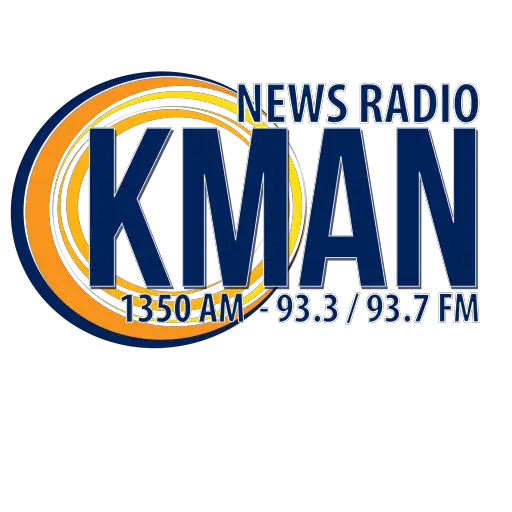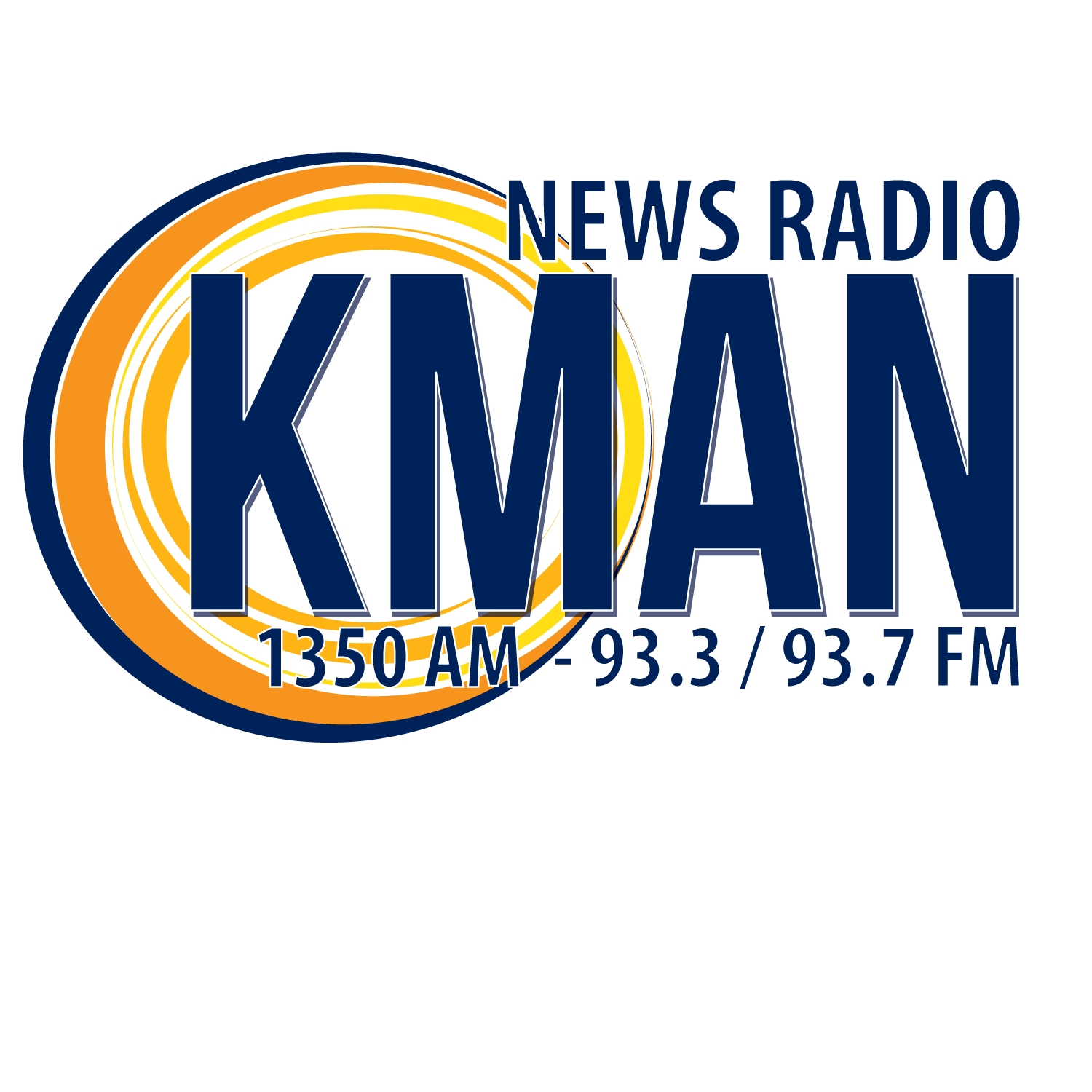Manhattan City officials are looking forward to a potential increase in revenue following a new Supreme Court ruling. The U.S. Supreme Court ruled last week that internet retailers must collect tax on online sales based on the tax rate in which the customer lives.
“We haven’t evolved with the way technology has changed retail sales and people’s behaviors,” said Trent Armbrust, the Director of Economic Development for the Manhattan Area Chamber of Commerce. Armbrust said during an appearance on KMAN’s “In Focus” Friday that 15.6 percent of all retail sales are now done online and are seeing a 9.6 percent annual increase, yet online retailers had no obligation to collect tax on their sales.
He went on to say the uncollected taxes add up to a significant sum of money.
“When you look nationally, it’s $3.7 billion of tax revenue is estimated that was not collected in 2017,” Armbrust said. “So clearly from a revenue standpoint, both at the state and local level, this could have a [dramatic]impact.”
The ruling overturns a 1992 Supreme Court decision in the case of Quill Corp. v. North Dakota.
“That basically ruled that you had to have a physical nexus in a state in order to be able to collect sales tax,” Armbrust said.
“While there are a lot of obstacles to get there, we need to remind ourselves of the big picture which is we’re now going to start collecting revenue that should have been collected all along,” said Armbrust. “This is not a new tax, this was a tax that was supposed to be collected this entire period.”
Armbrust said that though the retailers were not required to collect the tax, it was still supposed to be paid. Kansas law requires online shoppers to declare their purchase and pay the relevant tax to the state, though there was no adequate mechanism of enforcement.
Manhattan City Manager Ron Fehr said the city’s plateauing sales tax revenue could be attributed in part to increasing untaxed online sales.
“We haven’t had the growth that we’ve traditionally had, and I think that is some of [those]internet sales dipping into those aspects of it,” Fehr said. As the taxes are funneled through the state before reaching local coffers, Fehr said it’s hard to pinpoint the exact amount of revenue the city has missed out on.
Fehr said congress’ inaction let the issue get to the point where the Supreme Court had to make this ruling. He also said the internet economy no longer needed protection from tax collection.
“When we first started talking about this with congress, they’d say ‘oh, it needs protection, it’s an infant,'” Fehr said. “Well, it’s a giant now, it’s no longer an infant.”
Fehr and Armbrust both agreed that online retailers should have the capability to calculate the tax rates of their customers based on address as 19 of the 20 largest online retailers were already collecting the tax.
“Most of [those companies]who has a presence has a mechanism that knows exactly what that sales tax is at my address and your address,” Fehr said. “The technology is there to be able to administer all of those rates.”
They said it’s possible that small retailers could be given an exception if they don’t meet a minimum sale or revenue threshold if the state chooses.
According to Fehr, it now falls to Congress and the state to get to work setting policy and streamlining the collection and distribution process so it does not overburden retailers while still bringing revenue into local communities.



